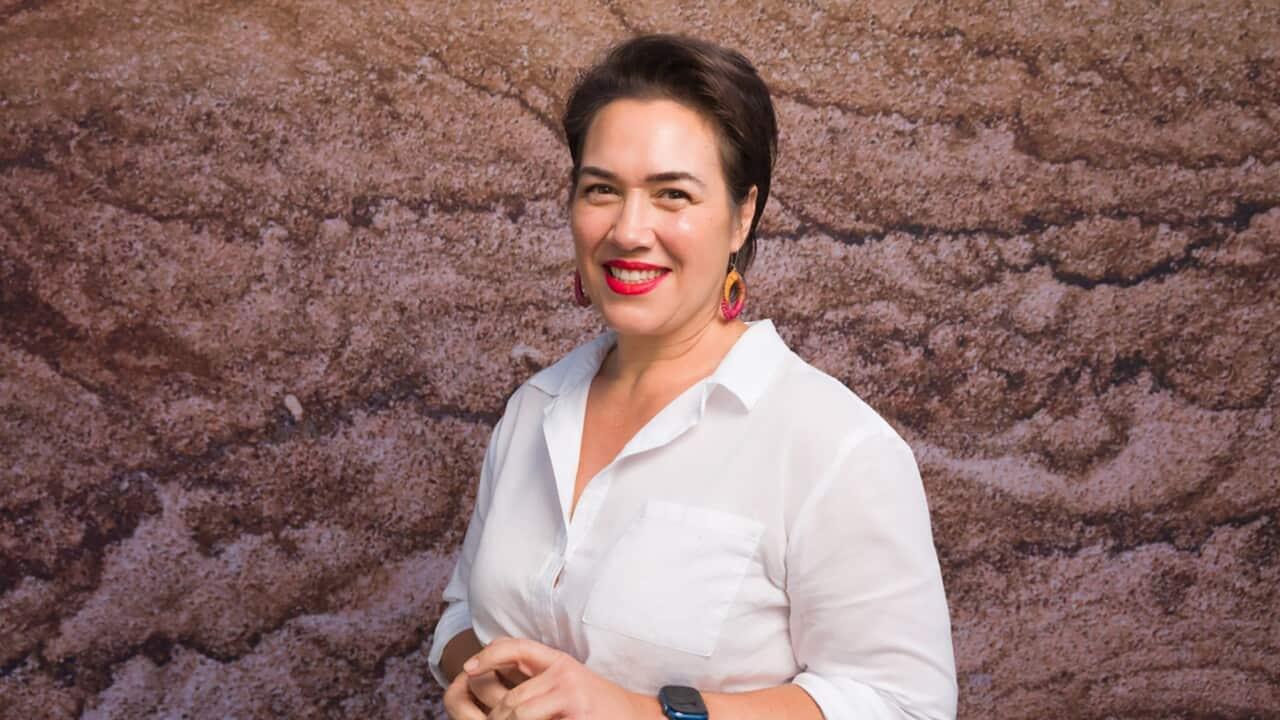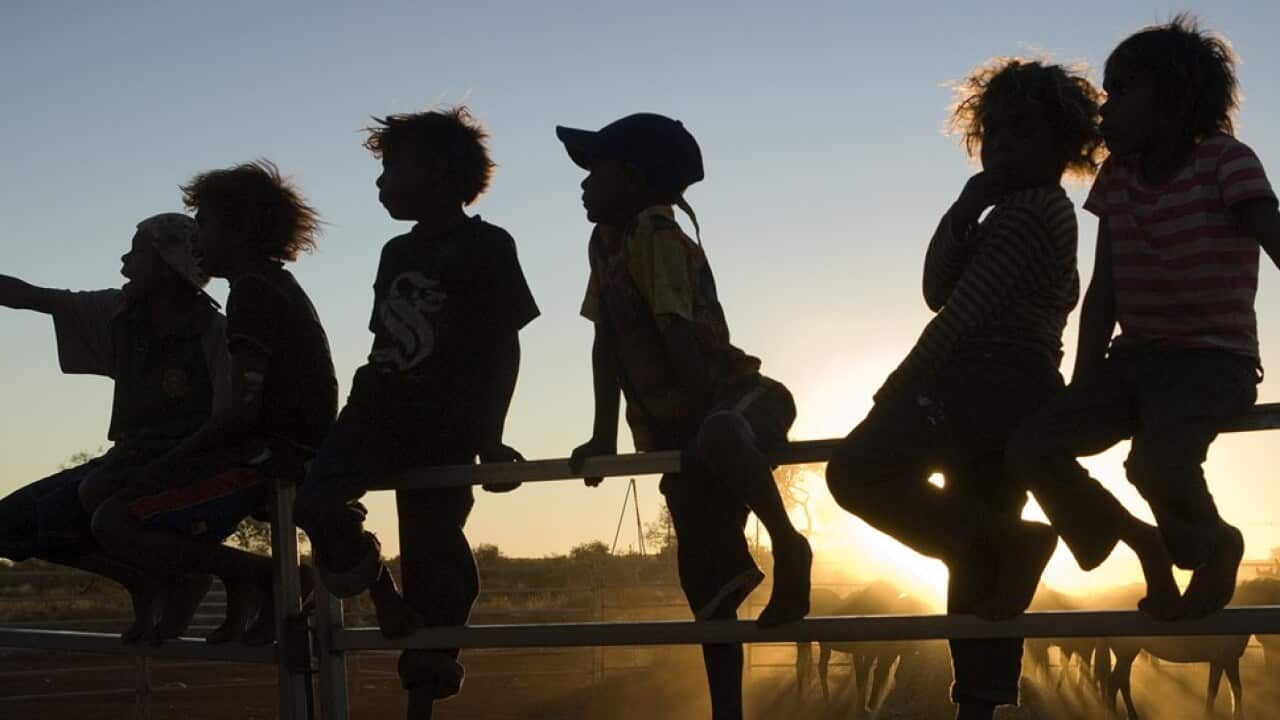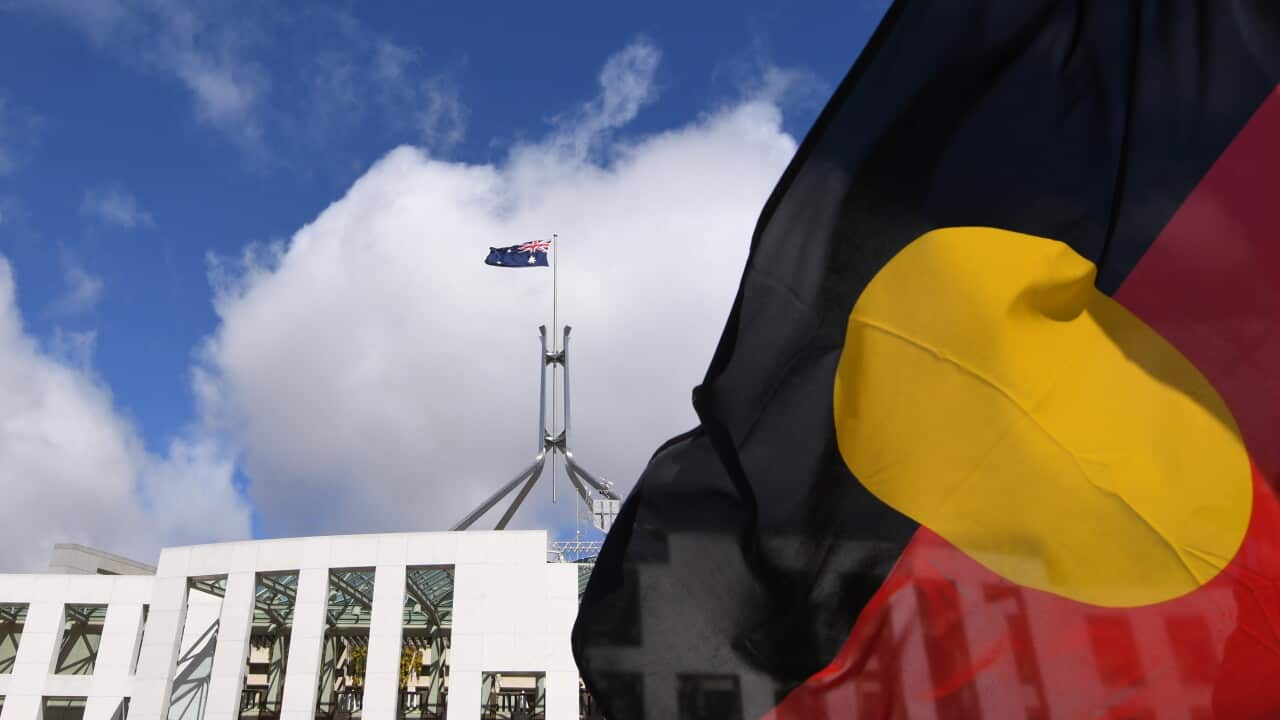First Nations children's, housing, health and other organisations are demanding governments live up to their promises.
The Productivity Commission, on Wednesday, released the first of its three-yearly reviews of the National Agreement on Closing the Gap, recommending that governments move out of a business-as-usual mindset and embrace power-sharing arrangements.
The review found progress to implement the agreement's reforms was weak, and that "disparate actions and ad hoc changes" had not led to noticeable improvements for Aboriginal and Torres Strait Islander people.
Catherine Liddle, chief executive of SNAICC - National Voice for our Children, the organisation that represents Indigenous children in out-of-home care, said they had signed the 2020 agreement, along with other members of the Coalition of Peaks, in good faith.
"And hope that change at the government level would drive transformation in the lives of our people," she said.
"Despite our best efforts this hasn't happened.
"It's past time all governments got serious about changing the way they work with Aboriginal and Torres Strait Islander peoples and organisations."
Queensland Aboriginal and Islander Health Council acting chief executive Paula Arnol said the findings demonstrated governments were not sharing responsibility or using the skills and knowledge of Indigenous community controlled organisations.
"It's not a 'gap', it's a chasm, we need urgent action now," she said.
"Our communities and services live with real inequity.
"Life expectancy targets aren't on trajectory, and suicide rates amongst our people are climbing."
Victorian Independent Senator Lidia Thorpe said she believed Closing the Gap was a distraction from the real issues.
"And to Close the Gap we need to deal with the fundamental causes of those areas of concern and that is genocide, that is invasion, and that is the ongoing trauma that Aboriginal and Torres Strait Islander people face in this country with incarceration rates, deaths in custody, child removal, destruction of country, the list goes on," she said.
"And I can tell you right now, from the Aboriginal people that I speak to across this country, Close the Gap is a dirty word."

Paula Arnol says Indigenous communities live with real inequity. Source: AAP / QAIHC/PR IMAGE
Rob Macfarlane, chief executive of the National Aboriginal and Torres Strait Islander Housing Association, said in Victoria alone, the number of Aboriginal women accessing specialist homelessness services increased 20 per cent over the past five years, compared to a nearly 14 per cent decrease over the same period for non-Aboriginal women.
Mr Macfarlane said governments must take immediate and tangible steps to strengthen accountability mechanisms for housing solutions, which requires a radical shift in behaviour and mindset within governments and institutions.
"The First Nations housing sector, with its long-term experience and innovative approaches, holds a unique and essential power in driving sustainable solutions," he said.
"The gap will widen for our people if attention is not given to addressing the housing emergency faced by our people."
Ms Liddle called on governments to substantially shift the way they operate, think about and interact with Aboriginal community controlled organisations.
"The Productivity Commission was blunt in its assessment that without fundamental change the agreement will fail," she said.
"Australia cannot afford to keep failing Aboriginal and Torres Strait Islander children."
The office of opposition spokesperson for Indigenous Australians Senator Jacinta Nampijinpa Price has been contacted for comment.












